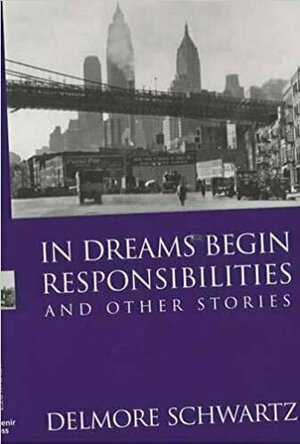
In Dreams Begin Responsibilities and Other Stories
Book
Delmore Schwartz became the voice of a new generation, when 'In Dreams Begin Responsibilities' was...
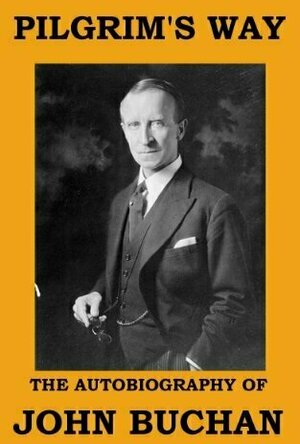
Pilgrim's Way
Book
"Pilgrim's Way. An Essay on Recollection" by Scottish novelist and politician John Buchan...
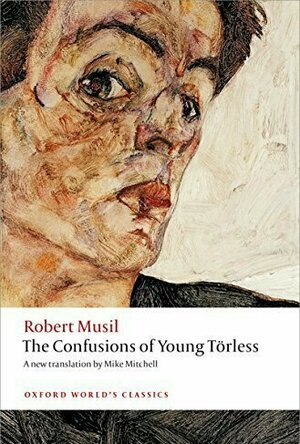
The Confusions of Young Torless
Book
Set in a boarding school in a remote area of the Habsburg Empire at the turn of the last century,...
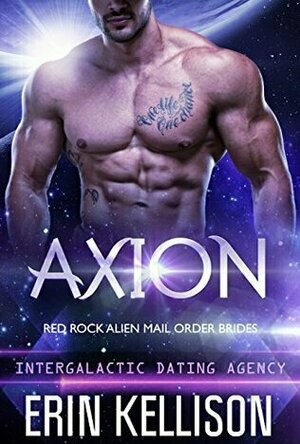
Axion (Red Rock Alien Mail Order Brides #2)
Book
A close encounter in time... Leif is an emissary to Earth on a mission to find a human bride for...
Science Fiction Romance

A Certain Threat (Merriman Chronicles #1)
Book
With French Revolutionary agents travelling freely but secretly between Ireland and England and war...
Historical Fiction Naval Warfare Smuggling Royal Navy
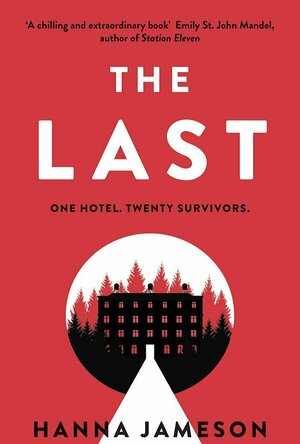
The Last
Book
Breaking: Nuclear weapon detonates over Washington Breaking: London hit, thousands feared dead ...
Nuclear War Science Fiction Mystery
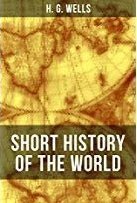
A Short History of the World
Book
Although best known for his scientific romances that paved the way for the modern science fiction...
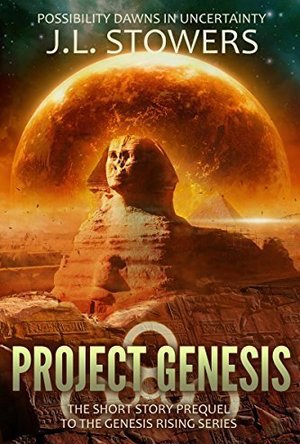
Project Genesis: The Short Story Prequel to the Genesis Rising Series
Book
Global terrorism. The declining population. An uncertain future. Does the Sphinx hold the...
Genesis Rising science fiction pre-apocalyptic
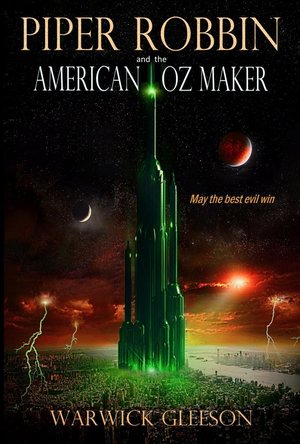
Piper Robbin and the American Oz Maker
Book
WORLD WAR OZ from coast to coast. An adult fantasy that takes one of America's favorite tales and...
epic fantasy fiction adult Piper Robbin and the American Oz Maker Warwick Gleeson
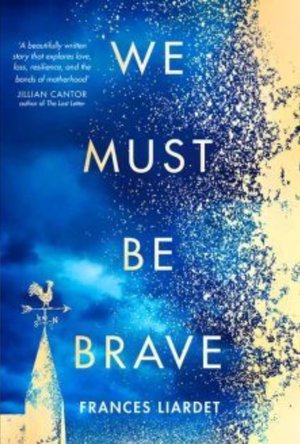
We Must Be Brave
Book
We can’t choose who we love. We can choose who we fight for. ‘This is storytelling at its...
Historical Fiction World War 2